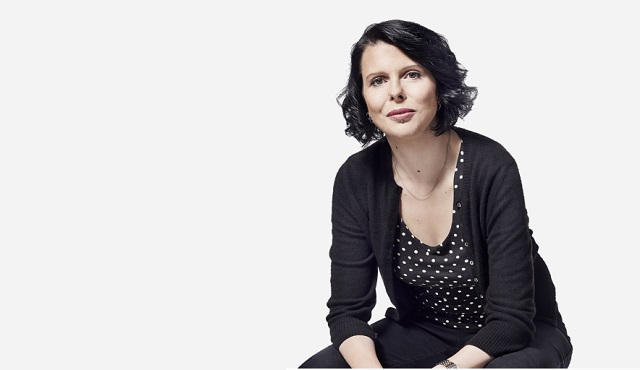Programming in the pandemic - IBM developer lead: personal insights & professional process
The Computer Weekly Developer Network examines the impact of Covid-19 on the software application development community.
With only a proportion of developers classified as key workers (where their responsibilities perhaps included the operations-side of keeping mission-critical and life-critical systems up and online), the majority of programmers will have been forced to work remotely, often in solitude.
So how have the fallout effects of this played out?
This post comes from Dr. Holly Cummins in her capacity as worldwide development lead for the IBM Garage for Cloud and a developer in the London Garage for Cloud.
Dr. Holly writes in full, below, as follows…
Thinking about the effects of what we have all been through (both professionally and on a personal level) I would highlight the fact that we’ve found new ways to keep the team spirit going during lockdown. At first, we tried to replicate the Friday social drinks, but it just wasn’t the same on a video call.
More successful was fancy-dress Friday where people got more creative and crazier than they would have dared to do in the office.
We’ve been enormously uplifted by our colleague’s dog: we get to see Toggle frolicking in the field when we have calls while our practice manager is walking him. Also, most of us have had those occasions when we’re on important calls and our kids barge in to tell us something ‘urgent’ — those lighter moments help the team with the strange situation we’re in.
Commuting is core computing ‘headspace’

Toggle, VP of Lockdown Mental Health Positivity, Team Empowerment & Woofs.
I didn’t expect that I would miss my commute. The journey to and from London gave me headspace to think about projects and catch up on e-mails and social media. I now need to set aside time for those things. I don’t miss crowded public transport though.
Most of my experience with projects during the pandemic is really positive.
We don’t put the negatives of the pandemic front and centre when we’re working with clients – we just get on with operating virtually. One client from South Africa told us that their project worked much better virtually than it would have otherwise. Of course we can’t know that for sure, but it’s great that lockdown is not discouraging positivity and innovation.
The pandemic has made it easier to build global teams for our clients’ projects. Co-creation is at the root of the IBM Garage methodology. We can pull together distributed teams of people with different knowledge and perspectives from everywhere in the world. This has been a real plus for our clients.
The virtual IBM Garage is very accessible. When we’re working with clients in a virtual setting, it’s easier for everyone’s voice to be heard. It also means that more people from the client-side and from IBM can be involved without the extra cost and time of travelling. This accessibility is part our vision for IBM Garage and… post-pandemic, I want to make sure this continues – likely through a hybrid physical-virtual approach.
I’ve realised how vital it is to have a well-designed workspace with good equipment. The work and meeting spaces at IBM Garage have been designed to ensure our people and our clients feel good in them. Feeling good drives creativity and productivity.
While you can’t be expected to replicate the office at home, it’s important to make the most of the space you have.
Solidifying the shiny, searching for serendipitous souls
I’ve been wary of the lure of the shiny when it comes to virtual tools.
Most of the tools we use like Slack, Webex and Trello, were already part of our work before the pandemic – now we just use them a lot more. The best tools have upgraded to accommodate their rapid take up and we’re happy with them. I haven’t been in a rush to start using new tools that haven’t shown their added value.
Not being able to attend conferences has positives and negatives. Our team can now virtually attend or speak at conference sessions anywhere – opening up a new world of opportunities to learn and exchanges ideas. But the serendipitous interactions at a conference are just as valuable and we miss those. I’ve been trying out Spatial, a VR platform where you can move between groups and conversations at virtual events – it will be interesting to see how that develops.
The best thing about returning to the office will be having tea with my colleagues.
It’s not even drinking the tea, it’s getting tea in a big group that I’m looking forward to. I’m convinced we do our best and most creative problem-solving on the walk to and from the kettle.
If a few of us are talking about a problem, sometimes a teammate who just came along for the walk will come up with the best solution. Even if we’re talking about something else entirely, stepping away from the problem combined with a bit of exercise has a way of untangling problems.

Dr. Holly Cummins is the worldwide development lead for the IBM Garage for Cloud and a developer in the London Garage for Cloud.



